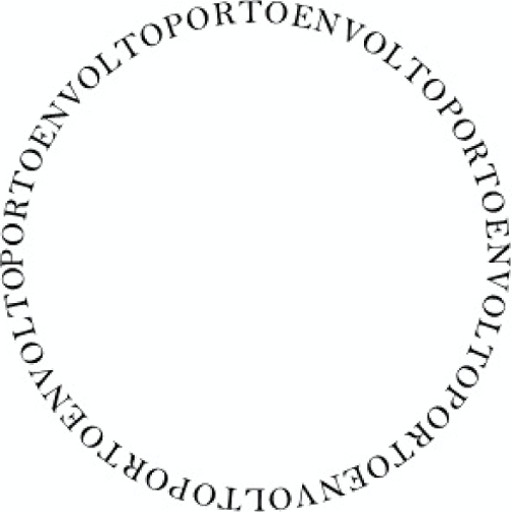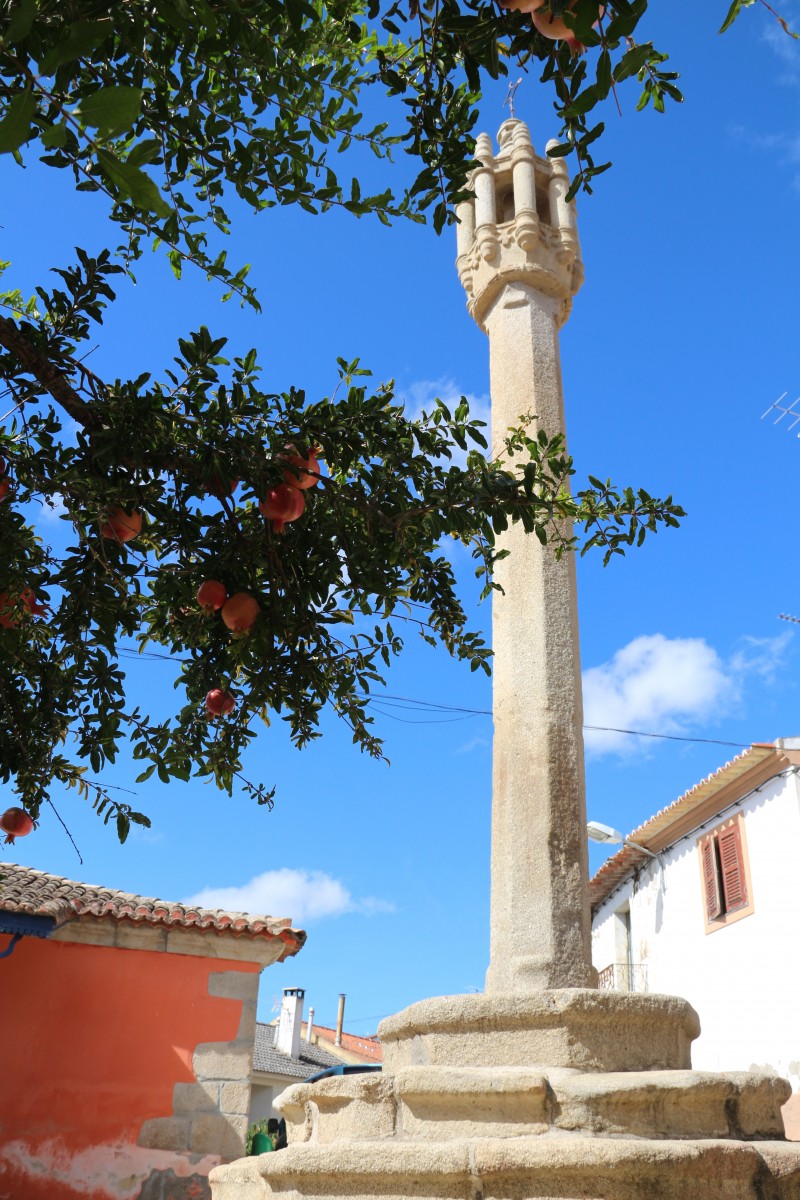English Version Bellow
Conteúdo deste artigo:
- 0.1 Esta manhã quando abri o e-mail tinha uma mensagem do Turismo de Israel com o título Shaná Tová – Bom Ano Novo 5780! Intrigados? Pois eu também o fiquei. De início pensei tratar-se de um engano, até porque tinha contactado o Turismo de Israel para preparar um projecto para este blog e achei que teriam feito alguma confusão com os emails.
- 0.2 Após uma rápida pesquisa em várias fontes, fiquei a saber que Rosh Hashaná (em hebraico Rosh = cabeça, Shaná = ano, literalmente “cabeça do ano”) é a designação do ano novo judaico. Ocorre no primeiro dia do mês de Tishrei, que é o primeiro mês do ano no calendário judaico rabínico e nono mês no calendário gregoriano (o nosso). Segundo a Torá, este é o Dia da Aclamação e, para a literatura rabínica, este foi o dia em que Adão e Eva foram criados. Neste ano de 2019, o Rosh Hashaná comemora-se a 29 de Setembro, domingo. E por que é o ano de 5780? Porque os judeus contam os seus anos a partir de 3761/370 a.C., o ano do começo do calendário lunisolar. A cada novo Rosh Hashaná, os judeus saúdam-se desejando “Shaná Tova!” (Bom ano!) – como se percebe, em hebreu “Shaná” significa Ano e “Tová” Bom.
- 0.3 Mas o desejo não se fica por aqui. Por estes dias no mundo judaico a saudação mais desejada e ouvida será “Shaná Tová Umetuká”, o desejo de um Ano Bom e Doce. Este desejo de doçura é transposto para a mesa com a tradição de saborear maçã com mel. A romã é também rainha nestes dias, simbolizando a resolução de se realizar tantas boas acções (mitzvot) quantas as sementes deste rubro fruto, aliás um dos meus favoritos pela sua beleza e exotismo.
- 0.4 A comunidade judaica assinala ainda o desejo de de “ser a cabeça e não a cauda”, ou seja, de liderar e não ficar para trás, servindo um repasto de língua de boi ou cabeça de peixe. Inicia-se assim um período de introspecção e meditação de dez dias, o Yanim Noraim, que acaba no primeiro dia de Yom Kipur, o Dia do Perdão.
- 0.5 Há toda uma série de tradições ligadas aos dez dias de Yanim Noraim, designados como dias de penitência, que começam com o novo ano judaico. Vou apenas destacar uma das mais importantes: a Hatarat Nedarim ou anulação das promessas. Na véspera de Rosh Hashaná, os crentes judaicos fazem uma confissão de promessas não cumpridas diante de três pessoas para que estas as anulem, em nome da comunidade. Esta anulação permite aos confessores entrarem no novo ano livres de dívidas perante D’us ou as pessoas. Pessoalmente acho que este é um acto de muita coragem, um gesto de contacto humano que urge sobretudo nas sociedades que se escudam atrás de ecrãs e avatares do que fingem ser porque temem, sentem que não podem, ou simplesmente não sabem encarar o olhar do outro. Com o Shaná Tová começa um período de reflexão, semelhante ao que acontece em todas as culturas e crenças. Todos nós, perante a mudança do calendário para um novo ano, acabamos por fazer uma introspecção, um balanço e, com mais ou menos optimismo, um ou vários planos para o ano que começa. Seja a 29 de Setembro ou a 1 de Janeiro, esta visão da vida e este sentimento do tempo une-nos como humanos. E o que eu vos desejo é um Shaná Tová Umetuká!
- 0.6 English Version
- 1 Shaná Tová – Happy New Year 5780!
- 1.1 This morning when I opened the e-mail I had a message from the Israel Tourism Board entitled Shaná Tová – Happy New Year 5780. Intrigued? Well, I did too. At first I thought it was a mistake, since I had contacted the Tourism of Israel to prepare a project for this blog and I thought they would have made some confusion with the emails. After a quick search, I learned that Rosh Hashaná (Hebrew Rosh = head, Shanah = year, literally “head of the year”) is the designation of the Jewish New Year. It occurs on the first day of the month of Tishrei, which is the first month of the year in the rabbinical Jewish calendar and ninth month in the Gregorian calendar (ours). According to the Torah, this is the Day of Acclamation, and for rabbinical literature, this was the day Adam and Eve were created. In this year 2019, the Rosh Hashanah is celebrated on Sunday September 29th And why is the year 5780? Because Jews count their years from 3761/3760 B.C.E., the year of the commencement of the lunisolar calendar.
- 1.2 With each new Rosh Hashana, the Jews greet each other by wishing “Shana Tova!” (As you can guess, in Hebrew “Shana” means Year and “Tová” Good. But the desire goes deeper. In these days in the Jewish world, the most desired and heard greeting will be “Shaná Tová Umetuká”, the desire for a Good and Sweet Year. This desire for sweetness is transposed to the table with the tradition of savoring apple with honey. The pomegranate is also queen these days, symbolizing the resolution to perform as many good acts (mitzvot) as the seeds of this red fruit, in fact one of my favorites for its beauty and exoticism. The Jewish community also aspires to “be the head and not the tail,” that is, to lead and not be left behind, and therefore eats serves tongue of ox or fish head. Thus begins a period of ten days of introspection and meditation, the Yanim Noraim, which ends on the first day of Yom Kippur, the Day of Forgiveness. There are a whole series of traditions related to the ten days of Yanim Noraim, designated as days of penance, which begin with the new Jewish year. I will only highlight one of the most important: the Hatarat Nedarim or annulment of the promises. On the eve of Rosh Hashanah, Jewish believers make a confession of unfulfilled promises to three people to void them on behalf of the community. This annulment allows confessors to enter into the new year free from debt before God or the people. Personally I think this is an act of great courage, a gesture of human contact that urges above all in societies that hide behind screens and avatars of what they pretend to be because they fear, feel that they can not, or simply do not know how to face each other’s gaze. With Shana Tová begins a period of reflection, similar to what happens in all cultures and beliefs. All of us, faced with a new year’s calendar, end up doing an introspection, a reflexion and, with more or less optimism, one or several plans for the coming year. Whether it is September 29th or January 1st, this vision of life and this feeling of time unites us as humans. So I wish you all a Shana Tová Umetuká!









